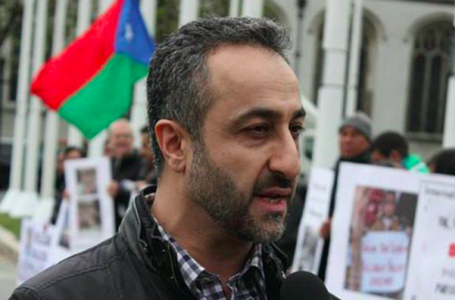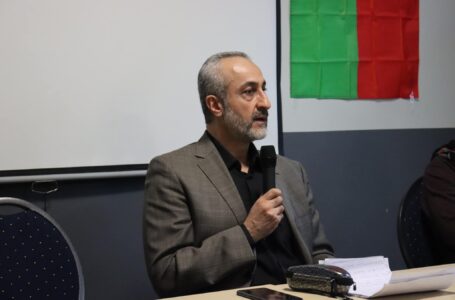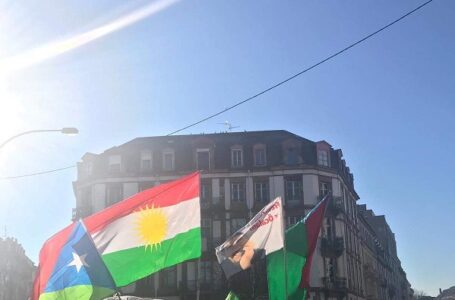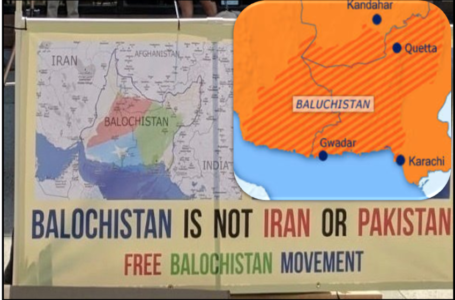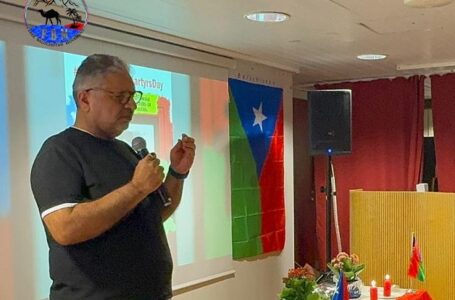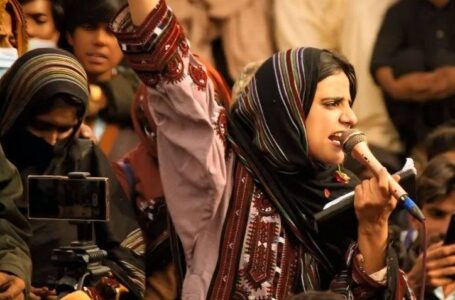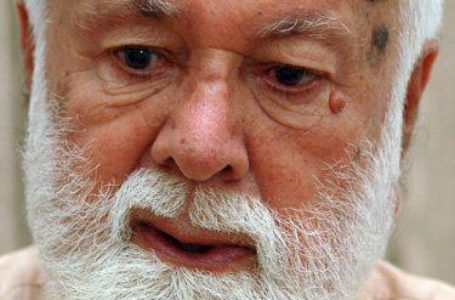Israel’s decisive Attack on Iran a Significant Opportunity for Baloch National Independence: FBM
Baloch Liberation Charter: A contract for freedom from a repressive Pakistan
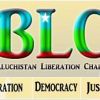
By Sobdar Baluch
Balochistan is situated in Central Asia and is considered to be the gateway of world’s economy due to its poignant geostrategic location. It has approximately 1000km long coastline which includes the most important port of Gwadar where Pakistan and China trying build one end of the China-Pakistan Economic Corridor at the cost of the many poor residents of Gwadar.
Since the illegal occupation of Balochistan by Pakistan in 1948, the Baloch people have made five attempts to regain their freedom. The latest phase of Baloch liberation struggle started in early 2000 when the Pakistani dictator General Pervez Musharraf came to power through a military coup. While the suppression of the Baloch nationalist aspirations through violent means is a matter of great concern in itself, but what is perhaps more tragic is the silence that the world has assumed on the same issue despite knowing the many violations that are being perpetrated against the hapless Baloch.
The first four attempts of Baloch to regain their independence were not as widespread as the current one is, and perhaps it was because of their very limited reach that the Pakistani governments could manage to quell all the voices of dissent that challenged the iron-fisted rule of this alien regime in Balochistan.
The strongest push for the independence of Balochistan was made in the 1970s, when the Baloch freedom fighters almost brought the Pakistan army to their knees, with Iran stepping-in to rescue Pakistan and provided gunship helicopters which bombarded on Baloch population massively. A rough estimate suggests that as many as 50,000 Baloch were martyred during these assaults, with thousands other having disappeared with no trace to this date.
While many on the side of the occupying, Pakistani forces were also killed during the battle that had been waged, but together, Iran and Pakistan had succeeded in weakening the Baloch liberation struggle after killing, arresting, abducting and expelling thousands of Baloch civilians from Balochistan. A large number of Baloch people fled to Afghanistan and sought refuge in order to protect their families and children from Pakistani-state atrocities.
The Baloch guerilla fighters in the 1970s and before were not as well organized as they are today. To add to that, they were also poorly armed to protect their land from the assaults that were being unleashed by a sophisticated army that was teethed by western countries, including the US. A combination of these shortcomings implied that the fiery Baloch who were fighting to expel the occupiers from their land were defeated each time they tried to break away from the bondages of slavery. However, the ongoing liberation struggle of Baloch people is widespread, armed with better strategies and well-organized. Baloch people from all spheres of life support the freedom struggle, and it is precisely for this reason that despite the brutal military operations that continue against the Baloch people to this date, and which have included the massacring of thousands of people and disappearance of more than 20,000 Baloch, Pakistan has failed to trample upon the liberation movement as it could do in the past.
At this important juncture of Baloch freedom struggle, the pro-liberation Baloch leader Hyrbyair Marri and his likeminded friends in Balochistan and abroad drafted a very significant document; a first-of-its-kind in the history of Baloch freedom struggle – the Balochistan Liberation Charter.
Mr Marri presented the charter to all other pro-freedom parties, leaders and published its first draft for inputs from the people of Balochistan. Majority of Baloch people expressed their overwhelming support and appreciation in response to the charter of freedom that was put up for discussion and subsequent adoption.
The Balochistan Liberation Charter (BLC) is both a roadmap and a contract that guarantees the Baloch nation that there will be democracy, justice and freedom for all the citizens of Balochistan. It is also meant to inform the international community about the kind of state the Baloch people are aspiring to establish. The ongoing struggle for independence is with the intention to establish a country whose constitutional make-up will be premised on the tenets of democracy, secularism, liberty and equality; qualities that have hardly been seen in the political dispensations in Pakistan at any given time.
The BLC also addresses some very important issues including the relations between state and religion to clear the aim of Baloch struggle for liberation. For example, the article 4 of BLC reads as following:
“Article: 4- The Baloch national struggle is a secular movement. It is for the separation of religion from state and politics. It is for the power of reason and in opposition to any religious and ideological dogma.”
Addressing the question on how Balochistan will create a semblance of free and fair democracy and on how it proposes to conduct elections once it gains independence, the charter has the following to say:
“Article: 14- The legal and moral legitimacy of the political system that governs Balochistan stems from decisions of the liberated people of Balochistan in free and democratic general elections, monitored by UN and other independent bodies and observed by national and international media.”
The Baloch masses consider the Liberation Charter a ray of hope which recognizes their sacrifices, guarantees them equal rights in all spheres of life and promises them a bright future. The neighboring countries of Balochistan and all the other free nations of the world should also be glad to know that an independent Balochistan will have equal respect for all its neighbors and will cooperate with them for the mutual interest of nations.
The free and democratic Balochistan will also work dutifully with other free and democratic nation for maintaining peace in world unlike Pakistan which exports religious extremists to international world and blackmails them in the name of war on terror. The Article 63 of BLC has the answer to the current world concerns:
“Article: 63- A free and democratic Balochistan will work dutifully for national, regional and world peace and economic prosperity. It will work actively with the international human rights organizations and institutions that are working for world peace. It strongly believes in upholding international laws and codes and will proactively encourage living in peace with all its neighbours, respecting their rights and cooperating in the pursuit of mutual interest and economic prosperity.”
World has high expectations from the genuine leadership of Baloch nation to play a key role in upholding world peace and combating religious extremism. Even though the US, NATO are fighting ‘unknown’ terrorists who have been supervised and secured by their ‘known sponsors’ for many years, but these battles have hardly managed to generate the kind of results that have been expected of them.
Since the Balochistan Liberation Charter is still open to suggestions and feedback from the international friends of Balochistan, the people of Balochistan must cooperate with those friends to help the nation draft a comprehensive charter and make it a national document for the people of Balochistan and the international supporters of the Baloch struggle.
To view the Balochistan Liberation Charter in its present form and to offer your suggestions on it, kindly click on the following links.
(Sobdar Baloch is a human rights activist and journalist writing on issues related to Balochistan. He can be reached at: sobdarbaluch1@gmail.com)


